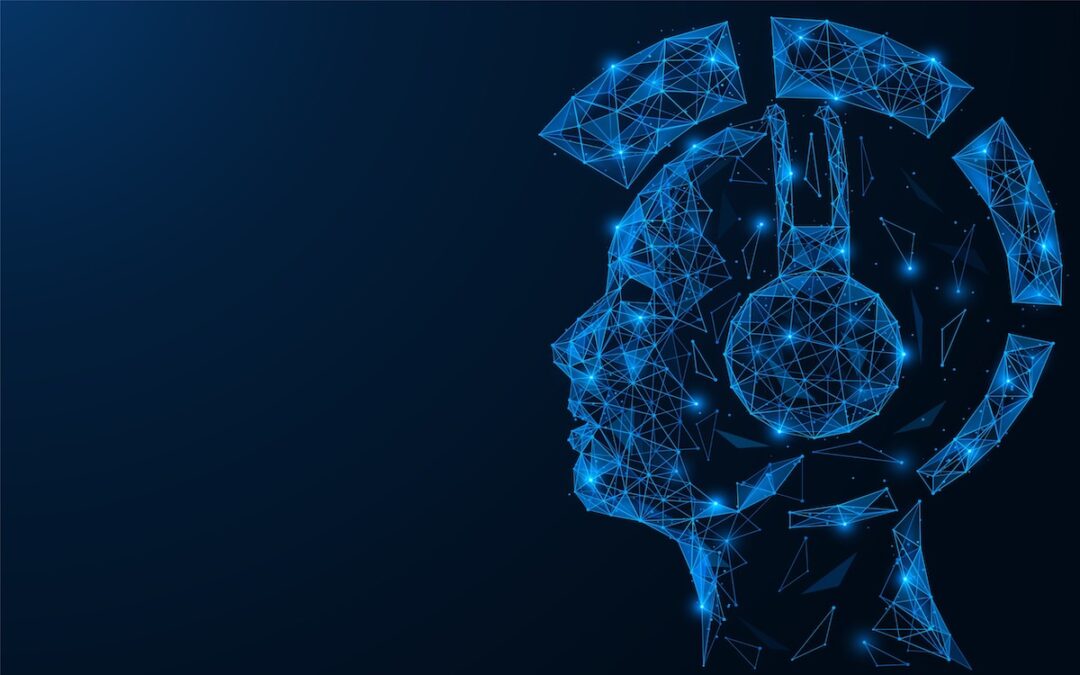According to Motherboard, fans of Frank Ocean lost thousands of dollars after a scammer sold them false AI-generated tunes. It was only a matter of time before it happened.
The scammer made roughly $13,000 CAD by selling a collection of fraudulent “leaked” tracks by the artist to his fans on a Discord server. To gain trust, the fraudster allegedly uploaded one genuine unreleased Frank Ocean song on Discord before seizing the opportunity when fans couldn’t identify the difference between the real and false audio.
“We now live in a world where nobody knows if a song is made by the artist or by a robot,” a Discord member told Motherboard.
One of the most pressing issues for artists and labels with AI-generated songs is the ability to govern how an artist’s likeness and voice are used for music created using AI models.

It’s unclear if training AI models on a corpus of an artist’s work constitutes copyright infringement, but that’s the case being made by music labels, news publishers, and Getty Images against generative AI firms. Because widespread access to technology is so new, there is no legal precedent, and it could take years to establish one. However, there are restrictions on how a person’s identity and likeness can be utilized to gain money.
Related: Frank Ocean’s Coachella 2023 Headline Performance – The View From The Crowd
Meanwhile, tricking people into purchasing false Frank Ocean tracks is almost definitely unlawful, depending on where you reside – I just wrote about the legal labyrinth of the right of publicity in the context of AI-generated Drake songs that leaked last month.
The issue of the bogus Frank Ocean songs highlights a point made by legal experts: genuinely good AI-generated songs may harm artists by removing their capacity to benefit from them. Bad songs can also be disastrous if fans are misled by them and believe the artist is on the decline. Meredith Rose, senior policy counsel at Public Knowledge, told me that she believes the AI music court battle will result in more standard legislation protecting individuals’ ability to determine how their picture is used.

Is AI-generated music beneficial to listeners? Certainly not if you’re being duped by a scammer going by the moniker “Mourningassasin”! However, there may be a market for music that sounds similar to your favorite singer. Holly Herndon, a composer and singer, released a vocal model developed to sound like her in 2021. Grimes recently stated that she would split revenues 50/50 with anyone who creates a viral AI-generated song featuring her voice. Who hasn’t hoped for more music from disbanded bands or artists like Frank Ocean who haven’t made music in a long time?
However, part of what I appreciate about following artists is seeing how their work evolves — what changes and what remains constant, what subjects they choose to focus on, and how they adapt to a changing environment. If this includes experimenting with AI models in their music, I’m excited and intrigued. But I’m not looking for songs that rely on a recognizable voice while providing a poor listening experience — the words and style of the AI-generated songs on the market aren’t exactly “smash hit.”
Download The Radiant App To Start Watching!
Web: Watch Now
LGTV™: Download
ROKU™: Download
XBox™: Download
Samsung TV™: Download
Amazon Fire TV™: Download
Android TV™: Download

